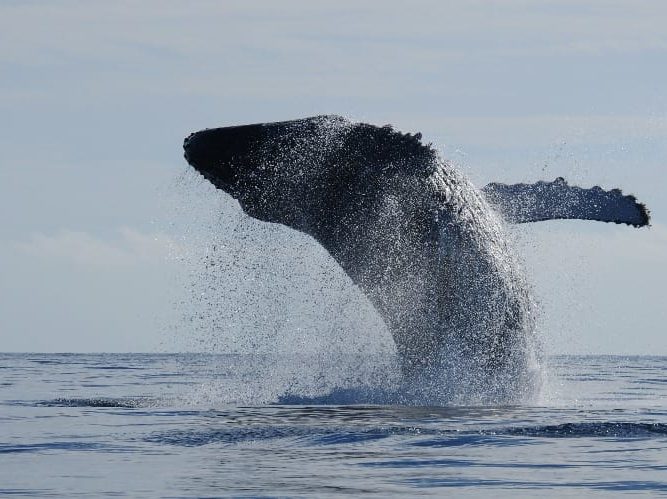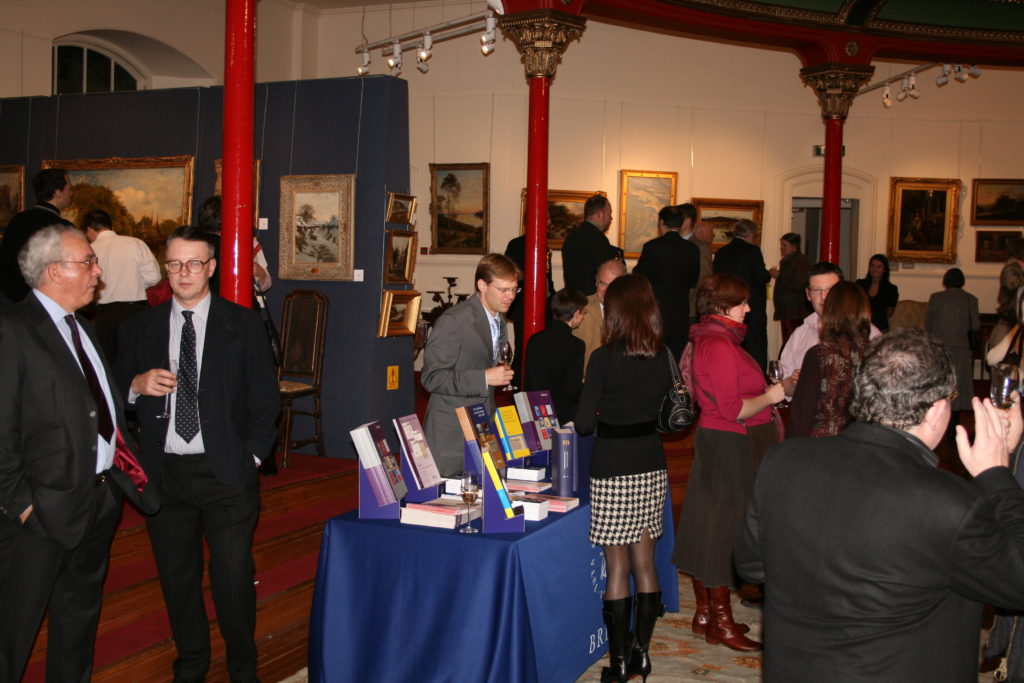“Great universities constantly move forward. They anticipate, lead, adapt, and are society’s engines of innovation and change. Momentum is everything.”
St Andrews recently adopted a refreshed strategy that will be at the core of our actions for the next five years. It will guide our investments and decision-making across research and teaching, and influence our partnerships both within and outside St Andrews. The strategy is the result of a close consultation with staff and students and is grouped under five themes: Word-leading, Diverse, Digital, Sustainable, and Entrepreneurial.
At Research Impact we recognise the extraordinary work done by researchers already in driving these themes forward, providing a solid foundation upon which the University can build over the next five years. This series will examine research impacts across the five themes, beginning with World-leading.

“We will be world-class across all our academic activities and support our world-leading potential. A defining aim is to address global challenges with demonstrable outcomes and in socially responsible ways.”
We recognise the outstanding contributions already made by researchers across the University towards this goal, which returns from the 2017-2022 University Strategy. A renewed focus upon being a world-leading institution will build upon an already impressive body of work, which you can read about on our Research Blog and the Research Impact pages. Below are three examples which align with the three research, impact and innovation pledges for World-leading outlined in the new Strategy. To read many more on the Research Blog, click here.

Invest in research which is world-leading within our disciplines and in interdisciplinary potential where it enhances our response to major challenges.
Interdisciplinary research alloys the strengths of different Schools, utilising the diversity of expertise at St Andrews to deliver world-leading research. One example is a collaboration between the Schools of Biology and Mathematics and Statistics, developing statistical methods to reduce environmental impacts on the world’s oceans. Their work has been used in a range of industries, from naval forces to the placement of wind turbines. Read more here.

Build sustainable, funded collaborations with global strategic partners.
Bringing our world-leading research to partners around world enables impact in line with our ambitions as a global university. One example is the Universal Short Title Catalogue, a project within the School of History that uses its bibliographic expertise to benefit libraries across the world. Through its partnership with ProQuest, a global leader in education technology, the USTC allows users to view digital editions of the books it records. Soon, as part of its commitment to enabling more diverse approaches to scholarship, the USTC will allow users to filter and view records based upon gender, becoming the first resource of its kind to do so and bringing its unique impact to an entire new field of research. Read more here.

Enhance the impact and communication of our research outside academia.
Research at the cutting edge of a discipline can be difficult to communicate to those outside academia, but can often have transformative effects on society, nonetheless. Effective communication is therefore essential. The St Andrews Encyclopaedia of Theology is a characteristic example for the University, which has taught theology to new generations of students since before its official founding in 1413. The project is committed to building an accessible resource supporting readers both inside and outside of the academy and will ultimately incorporate all major religious traditions, aiming to become the definitive resource of its field. Read more here.
We will explore more examples of the University’s new Strategy over the course of this week.
